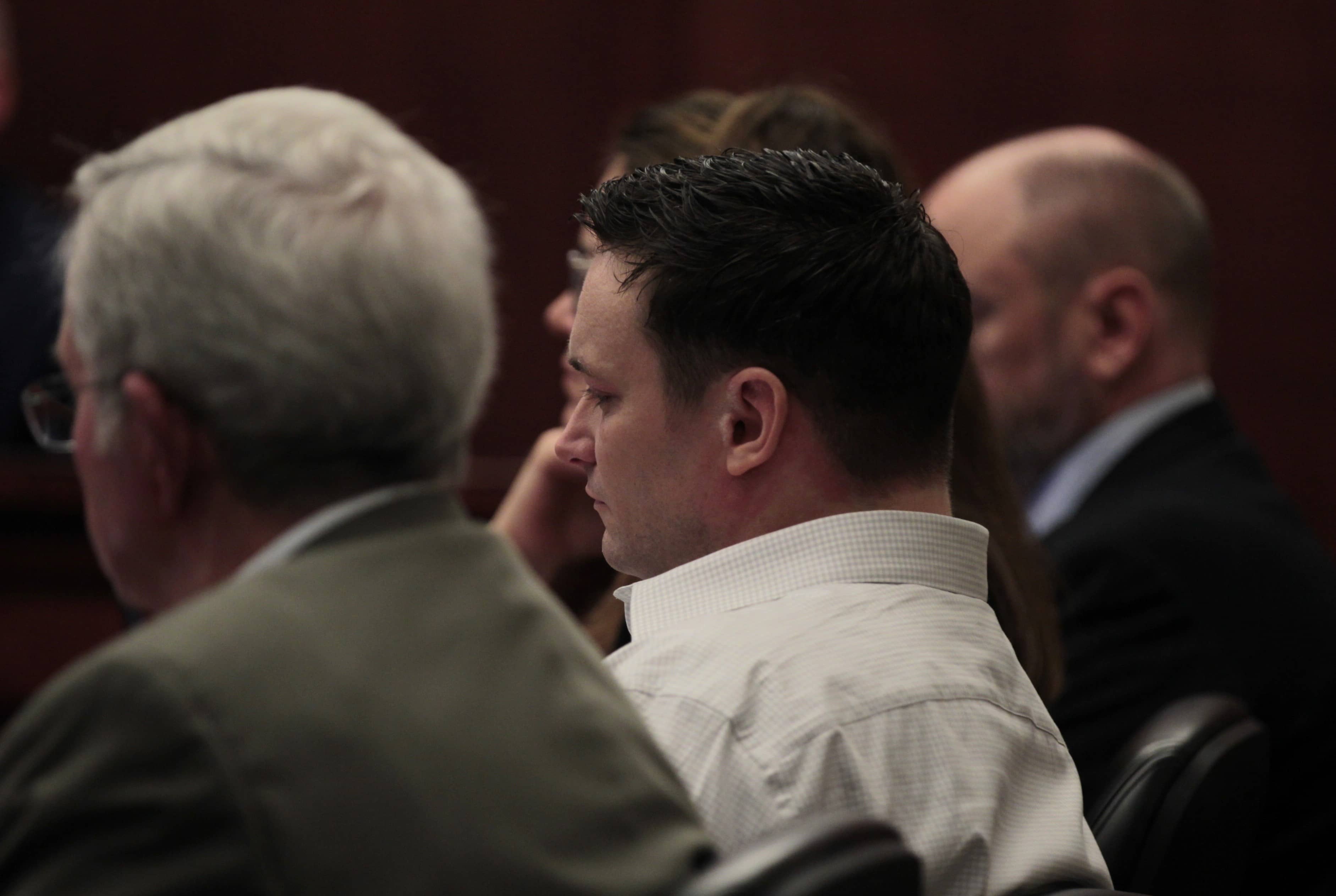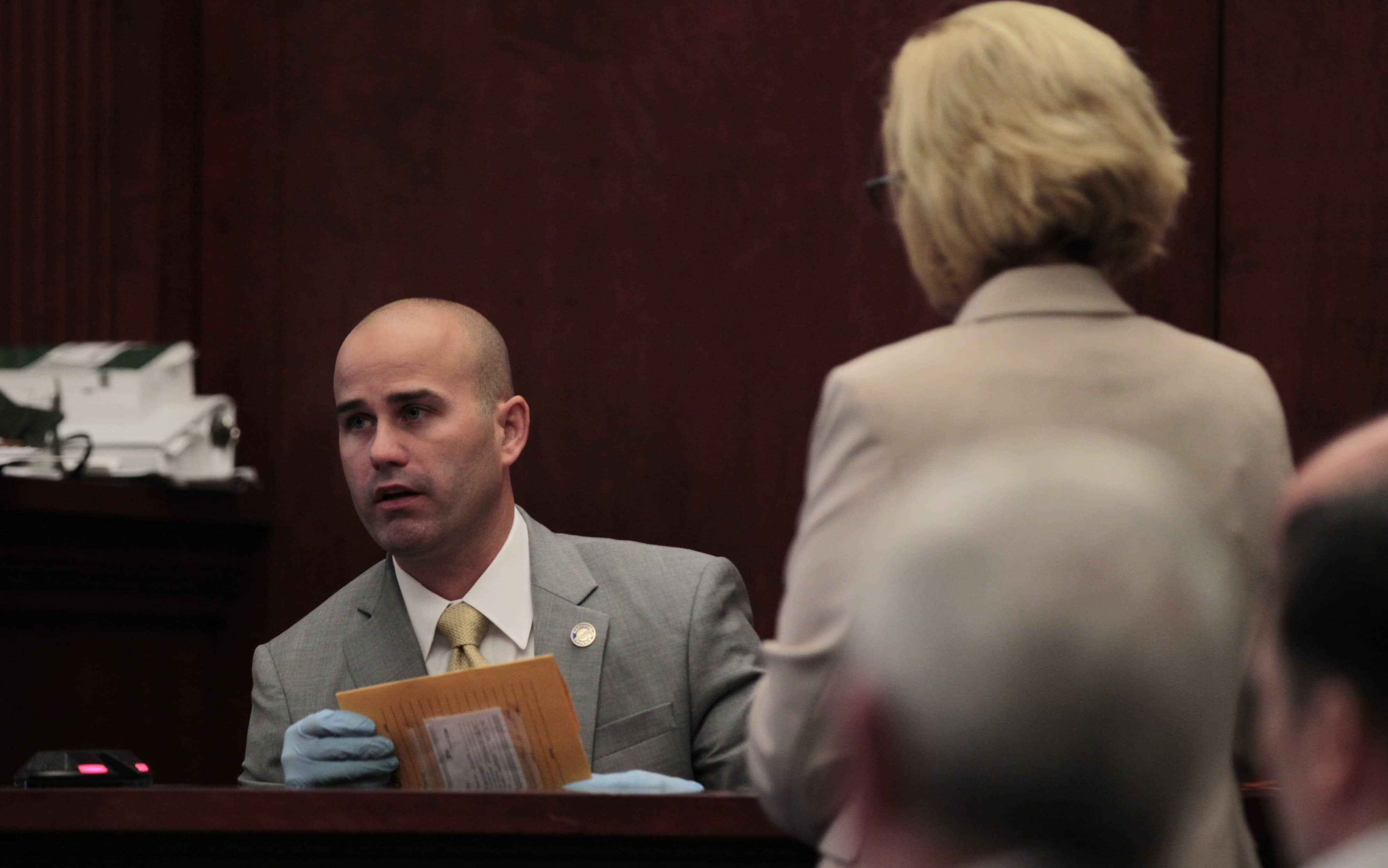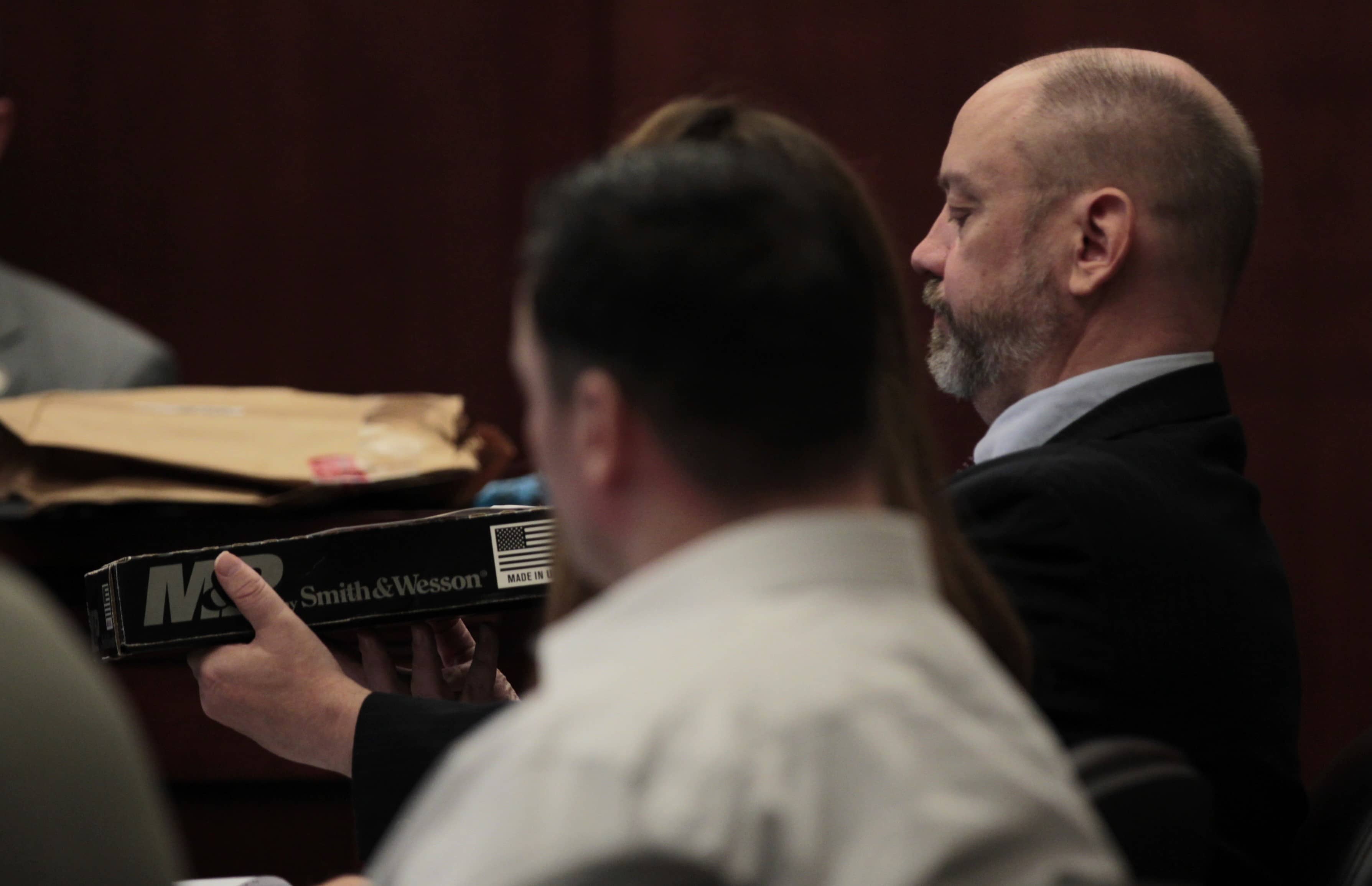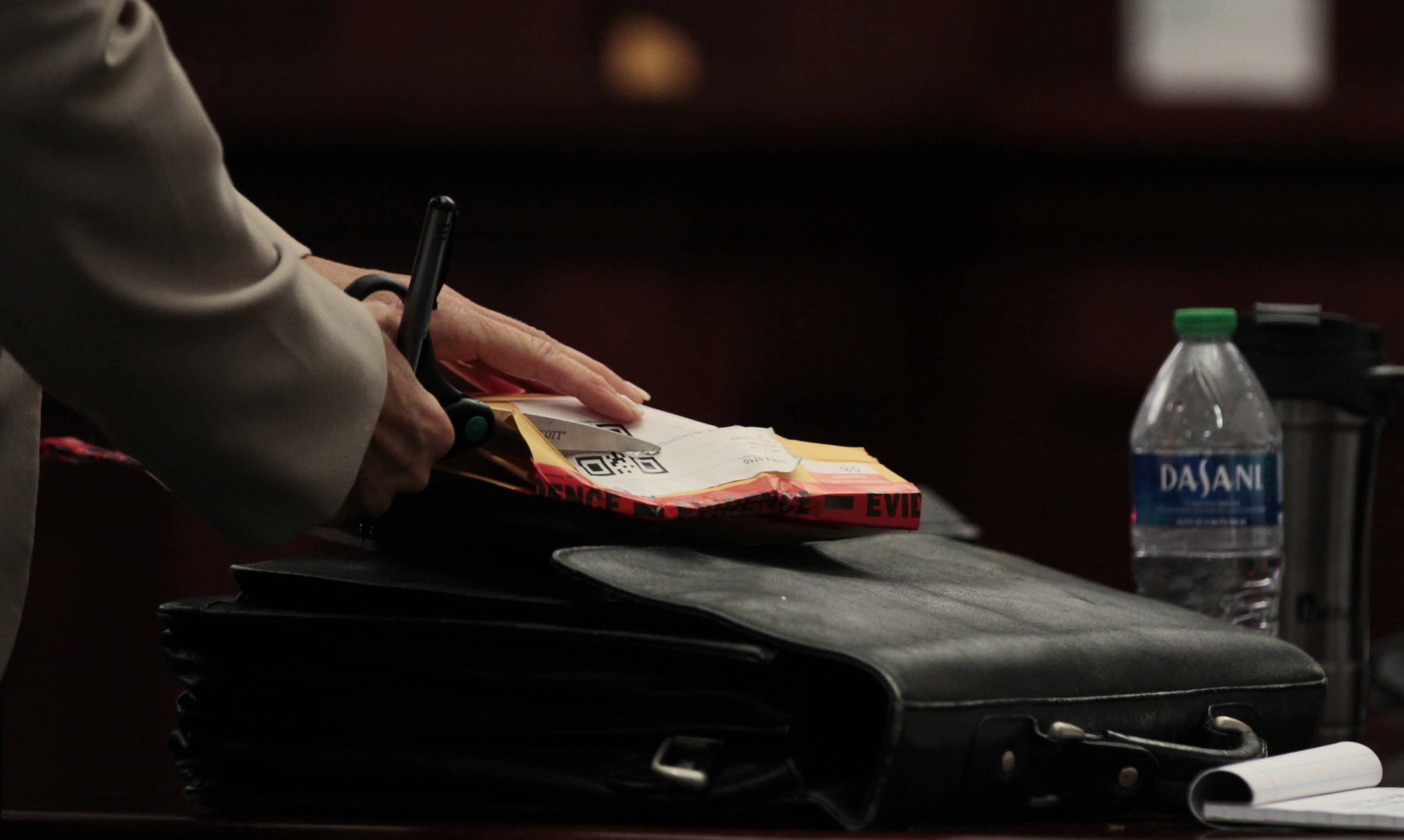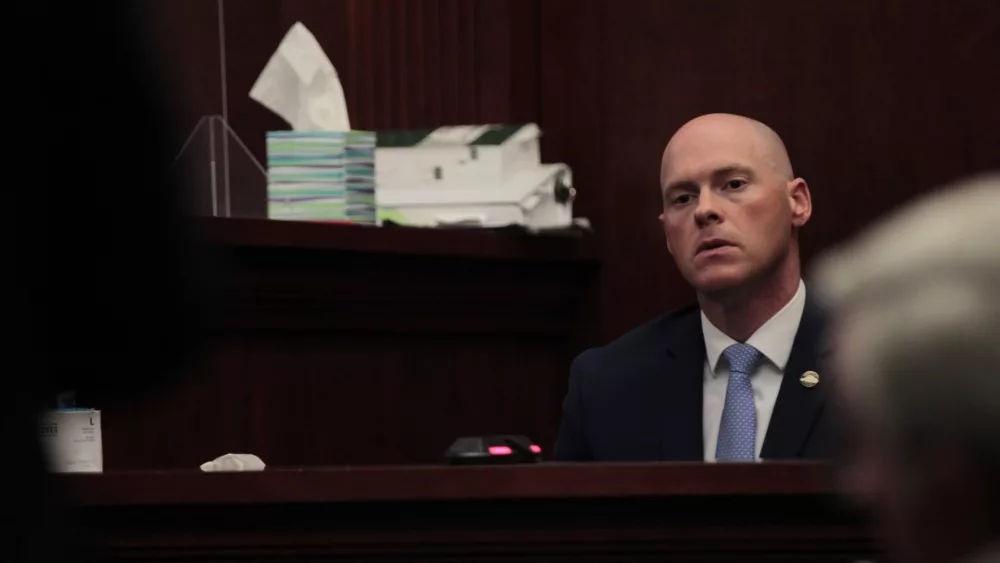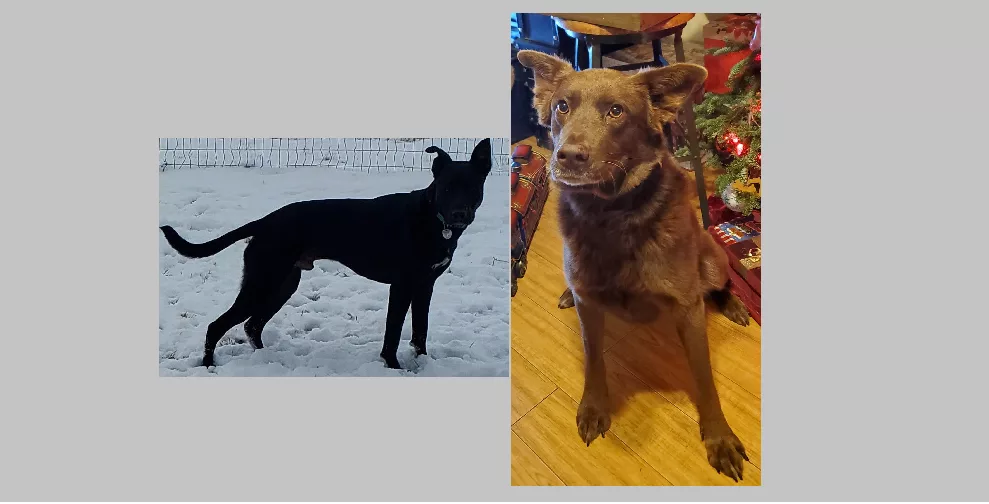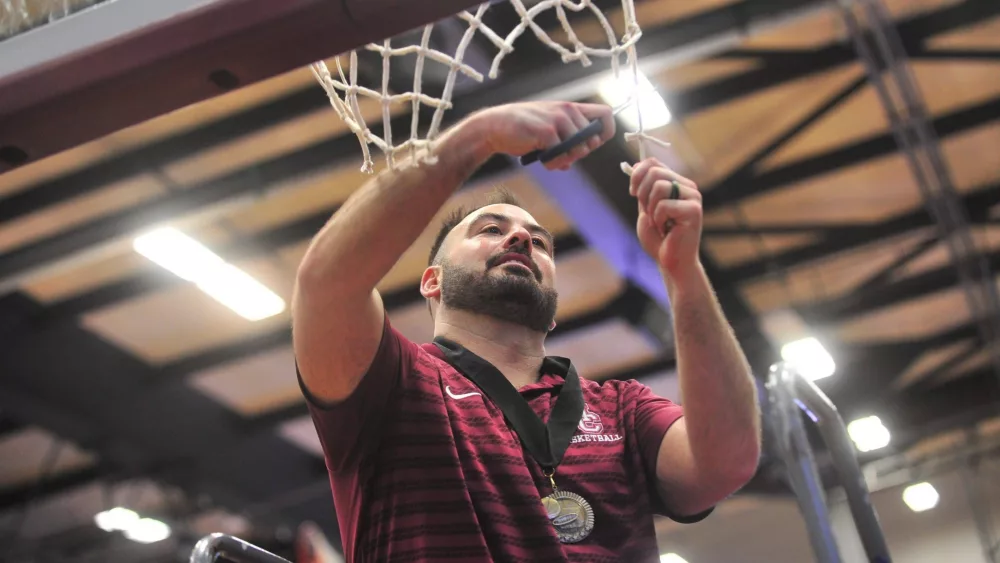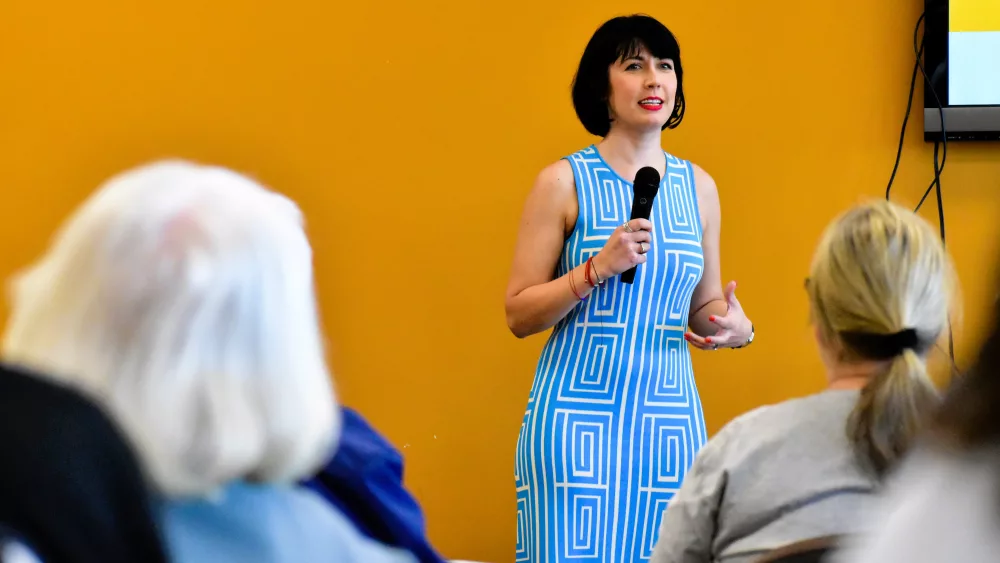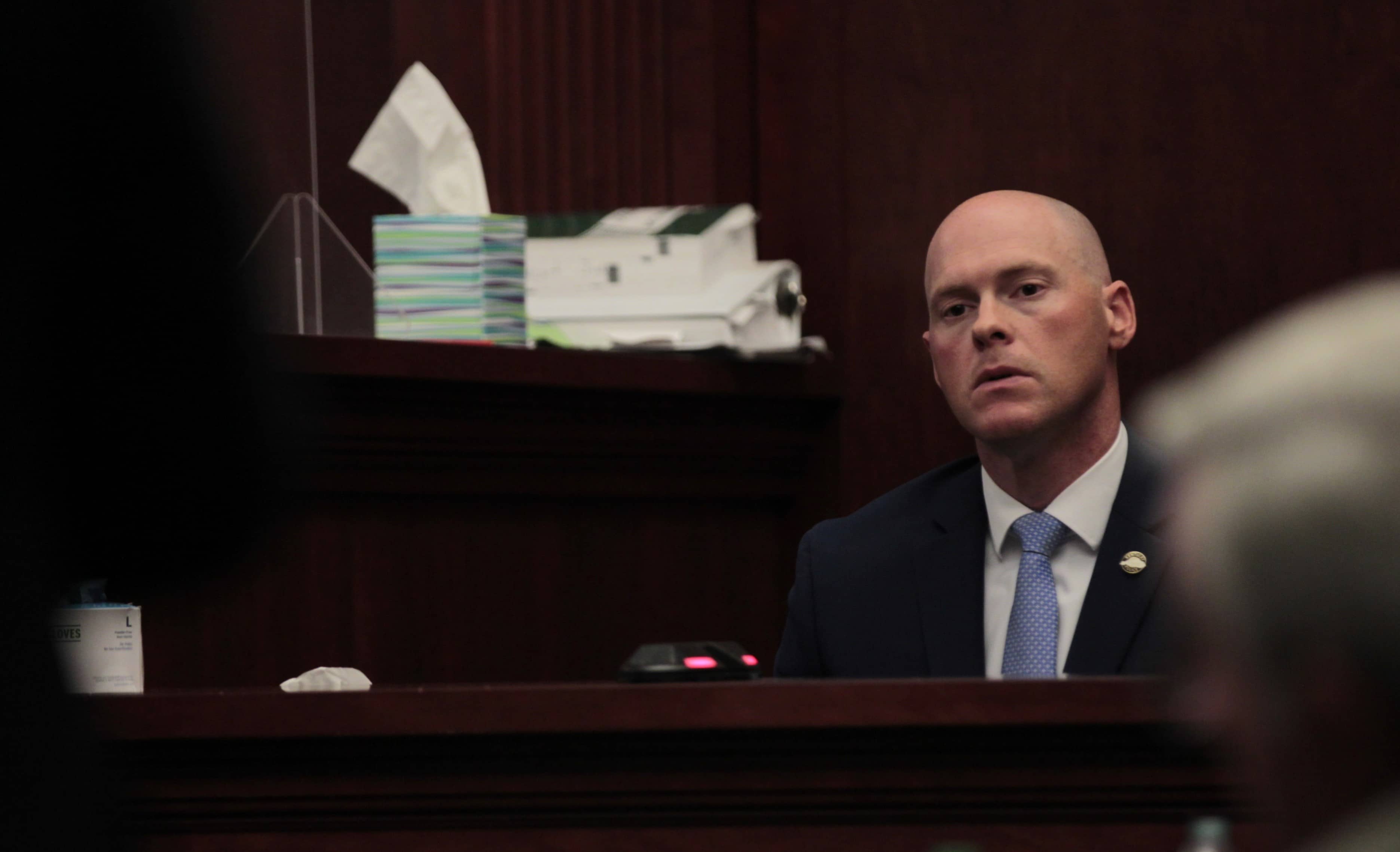
Friday morning’s digital walkthrough of the July 2021 crime scene — one provided by the Kentucky State Police detailing the murders of Trigg Countians Sue Faris and Matthew Blakeley — showed how the Cerulean Road residence was largely undisturbed following a shooting.
No signs of struggle. No scrambling either to, or from, the victims. No evidence of a robbery. No windows broken, nor a door unhinged. Nothing remotely out of place.
Friday afternoon’s session of the trial for Landon Stinson vs. the Commonwealth opened with pointed discussion of this observation — as prosecutor Carrie Ovey-Wiggins asked Kentucky State Police Post 1 Detective and Sergeant David Dick his first impressions of what transpired.
Dick called the situation “static” and one devoid of difficulty, and said it was “odd” that neither Blakeley, nor Faris, had cuts, bruises or scrapes on their hands and knees — common abrasions for those trying to get away from danger.
The defense had an immediate objection following Dick’s statement, one that led to a 20-minute conference.
Dick also confirmed that it was he who put Blakeley’s phone in “airplane mode” because, in a previous homicide he investigated, an individual had successfully completed a remote wipe of some needed evidence.
The last phone call Sue received, Dick said, was a four-minute conversation with Stinson’s sister, Katelynn Schiro.
Through his extensive ballistics training, and some analysis, Dick testified that Blakeley’s shooter was in front, “just a little to the left” in a stance, and that he “wouldn’t expect blood spatter” in the action. A surveillance camera in the rear of the home was operable, but Dick noted the company didn’t have the footage.
Furthermore, Dick told Ovey-Wiggins that a gun-shot residue kit for Stinson would be impossible following three or more days after the allegation, due to contaminants like hygiene and daily activities.
The Commonwealth then played the first interview between Dick, Detective Brian Hill and Stinson, which took place after the defendant was picked up by California Highway Patrol for walking on the freeway, and then held on a Kentucky warrant for drug possession.
It’s here where Stinson is informed that his family, and namely his mother Rhonda Neighbors, had been deeply concerned about his status and location. Dick and Hill lobbed Stinson a few cursory questions, and Stinson told state police he was “tired of losing jobs,” and wanted to “blend in some” and “get a fresh start.”
He also told state police he’d stopped by to see Sue and Matthew that Friday and left after a 30-minute visit, in order to decompress and “pick up some bud.”
Then, state police delivered tough news:
Hill told Stinson that KSP needed to talk to him because he was “the last one to see them alive.” Stinson repeated again he “wanted to start fresh” with his trip to California, and didn’t like where the conversation was headed.
Dick and Hill then connected Stinson with his mother by phone, in which Stinson repeats again: “It had nothing to do with me.”
Stinson’s red truck was eventually found at an impound lot near Los Angeles. No ID, no debit cards, no wallet, no phones despite active pings, and no suitcase were in the vehicle.
Once Dick and Hill returned from California, KSP kept the investigation alive by searching his rental and bank records, in order to review his job and financial status. He had recently overdrawn getting gas in Hopkinsville, but a rental payment on the apartment had been made on June 25, 2021.
Ovey-Wiggins also had Dick testify to the distance between the Faris home, his Julien Road apartment, the Planters Bank ATM on Ft. Campbell Boulevard and a gas station near his new address. Total drive time: 25 miles, or roughly a half hour. And from Cadiz to Amarillo, Texas, where his truck was observed early July 3, 2021: 904 miles.
Dick was on the stand for nearly four hours, and in cross examination was queried about specific methods regarding the collection of evidence.
Stinson’s trial resumes at 9 AM Monday.
Of note: one juror has been excused from the panel, due to conduct unbecoming that was observed outside of the Trigg County Justice Center. It is now presided by seven women and six men.
